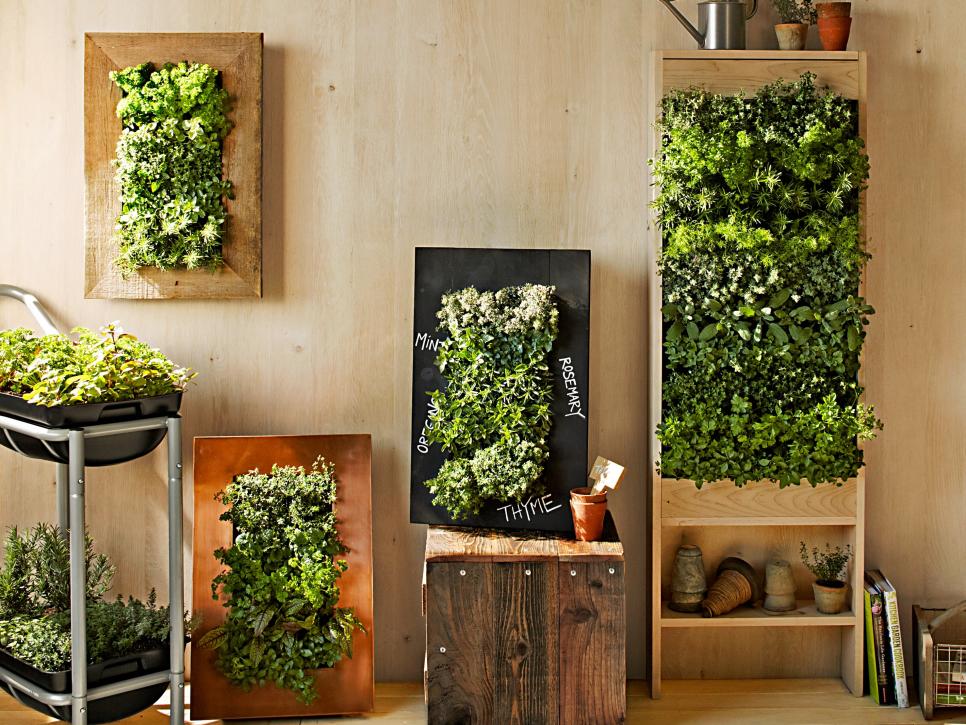
Summertime and the Spine: Gardening & Back Pain

Horticulture is a big category that encompasses the act of growing, producing, and maintaining fruits, vegetables, herbs, flowers, trees, or plants. As compared to the large category of horticulture, the term "gardening" is associated more so with the hobby and pleasure of growing and maintaining plants typically in a home-based setting.
Gardening has ancient "roots" dating back to 10,000 B.C. However, it continues to be a great source of sustenance for food, form of exercise, and therapy for mental and physical health. Unfortunately, back pain may follow a hobby or activity that requires a lot of range of motion, such as bending, squatting, twisting, pulling, and lifting, especially if you have not been active in the winter months or are more sedentary. Luckily, we have a few tips for you gardeners out there that can help you get ready to work in the garden in order to prevent low back pain and tend to your plants!
7 Tips for Prevention and Caring for Your Back While Gardening:
1. Stretch Before Getting in the Garden: Stretching is the first suggestion to help warm up your body and muscles prior to getting to work in your garden. You can warm up prior to gardening by taking a short 5-minute walk, doing 3 to 6 back bends slowly, or lying on your back and bring in your knees to your chest. While lying on your back, you can also lower your knees to one side and then the other. Remember, if you feel pain while stretching, stop, as stretching should be done slowly and gently without strain.
2. Become More Active and Build Strength: In order to help prevent back pain, we always recommend strengthening your core to help prevent injuries. Some suggestions for building core strength is through a home exercise program, such as yoga, core exercises, such as leg lifts, bridging, planks, and "dead bug," low impact cardio, or Pilates. As Dr. Nemeth always says, if you don't use it, you will lose it. He suggests implementing a home exercise program 3-5 times per week in order to prevent back pain and experience long-term pain relief.
3. Pay Attention to Your Body: While you are lifting and bending, pay attention to your body and use proper techniques. Keep your motions smooth and do not make any sudden twisting or reaching motions. Do not bend from the waist if you have to lift something but instead bend at the knees or kneel to get on the ground. You may also use a wagon to carry heavy objects, such as a watering can, soil bags, pots, or bushes. If you do need to lift a heavy object, keep the object close to your body while using proper techniques.
4. Use Tools as Your Asset: As stated prior, using a wagon or wheelbarrow can assist with moving heavier objects around the garden without putting as much strain on your back. If you do need to kneel, investing in knee pads or a cushioned kneeler with handles can help minimize pressure and help you be most comfortable when in that position. Lastly, purchasing tools with long handles can help with bending while planting if that motion causes or worsens your back pain.
5. Take Breaks As Needed: Don't take on too much at once while in your garden. It is recommended to limit your time in your garden to 20 to 30 minutes at a time and take stretch breaks about every 5 minutes and as needed. If you feel aching, numbness, or tingling in your back while working in your garden, stop immediately so you do not cause worse pain.
6. Get Creative!: If you have chronic back pain, there are a few creative ways that still allow you to garden but in a less painful way. For tasks, like weeding, ask for some helping hands due to the repetitive motion, or scale back your garden and how much you plant. Other solutions including changing the way you garden, such as investing in a raised garden bed, can help you stand or sit while tending to your plants. Another creative solution is trying out wall or vertical gardening as in the picture below which allows you to stand and work at eye-level.

7. Take Care of Your Body After You're Done: After you conclude your time working in the garden, you can utilize some tools to help, such as hot or cold compresses or taking over-the-counter medications, such as Tylenol or ibuprofen to help alleviate any pain.
Gardening can be a great source of stress relief and accomplishment. If you are continuing to experience low back pain despite these suggestions, give our office a call at 843-730-4124 to make an appointment for a thorough evaluation with Dr. Dan Nemeth so we can help you get your life back!
You Might Also Enjoy...


Core Stabilization: Understanding Its Importance and Benefits for Your Health

Now Offering mild®

Managing Chronic Back Pain

Golf and Back Pain


